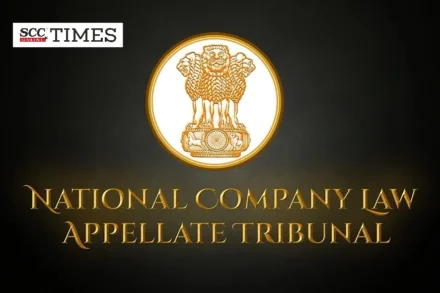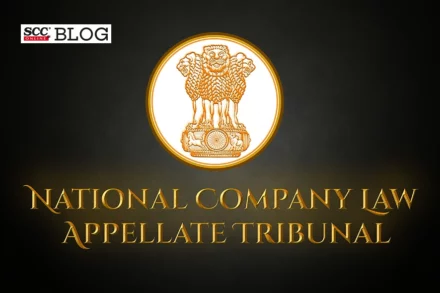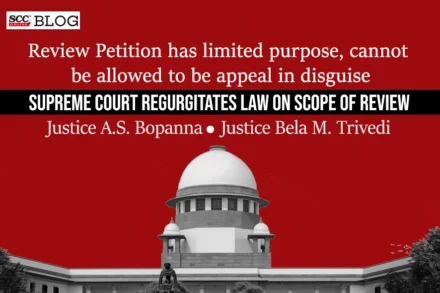
NCLAT rules on Secured Creditor’s right to choose method of debt realisation
NCLAT stated that since the IBC overrides the SARFAESI Act, the Liquidator ought not to prefer a petition, based on the SARFAESI Act, and therefore Liquidator’s decision to classify the appellant as an unsecured financial creditor was illegal and invalid.



